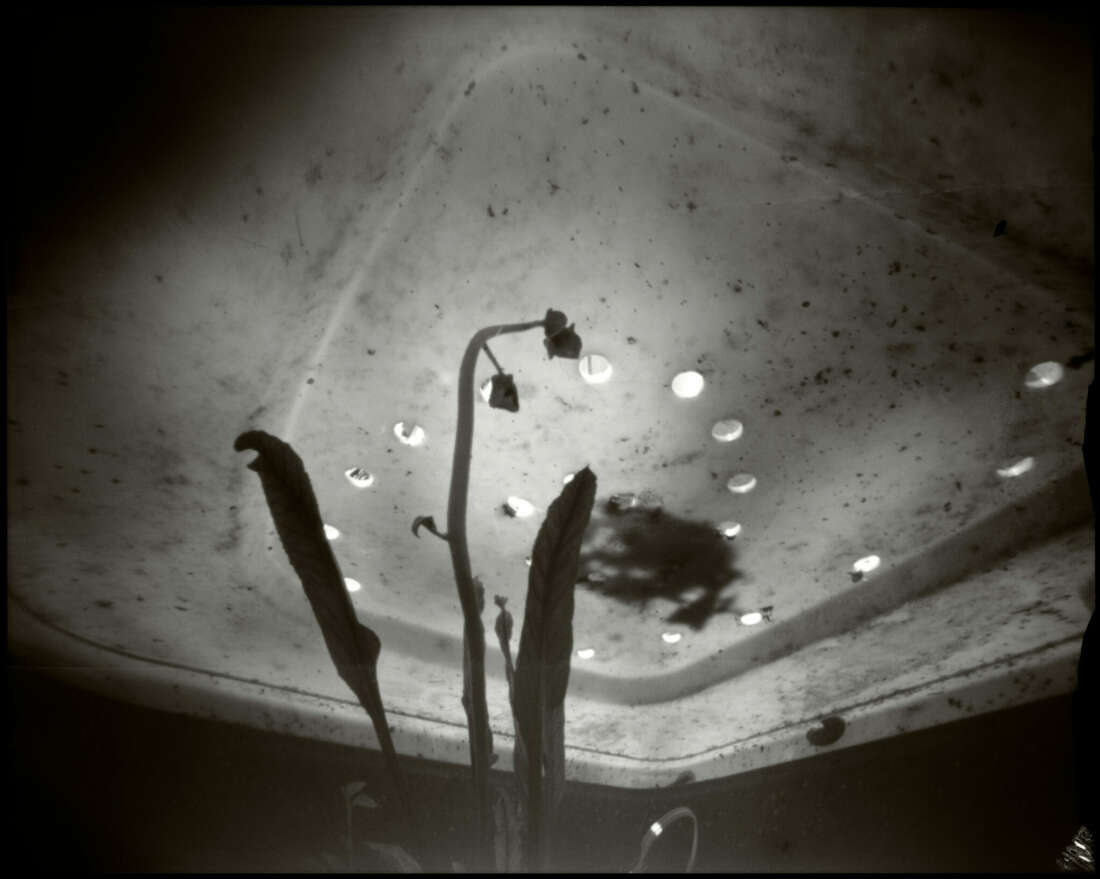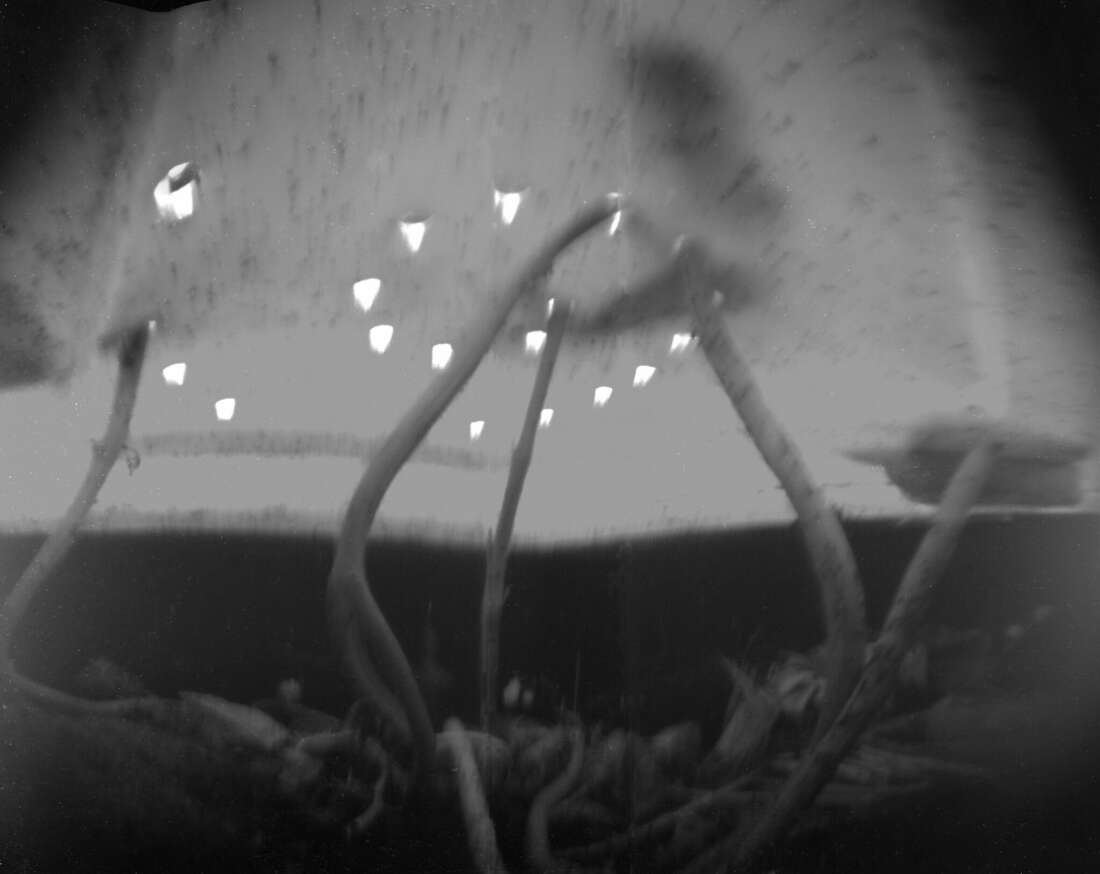Category — Features

The gardener
New growth emerges from the tips of wise and weary fingers. The sun has returned, like the warm presence of a friend. Flowers shoot from their sleeping bags ready for the day — dark red of feijoa flowers, the yellow of nasturtium and the bright orange of calendula.
Even the ground cover has changed as new weeds move into unoccupied soils. It’s spring of 2020 and the seeds that we have sown, whether by our intention or not, are appearing . Certainly, this is true beyond the vine sheathed walls of the garden. However you wish to assess the merits of that fruit or the efficacy of the labour, the garden is always a good place to reflect. We are reaping the fruits of our labours.
In times of chaos, the garden has led me, not only in my capacity as a gardener, but more broadly as a social change agent contributing to a thriving ecosystem alongside other entities, both human and non-human. The question arises: what is the role of the gardener? This is a question that is constantly shifting, changing like the wind and the sun from one day to the next. Here are the roles I have played while tending to the garden:
The builder
As a gardener your first and most important space to consider is the soil. When cultivated in the right way, soil will provide sufficient water drainage, correct acidity, and the minerals to feed your plants. Without good soil, nothing else that you do will matter. Soil quality can be built up overtime with the addition of compost, mulch and fertilisers if necessary.
The sower
The gardener is the sower of seeds. Sowing seeds requires deliberation. Without our deliberate and purposeful efforts the garden soils will be a bed for someone (or something) else’s intentions. If we have particular fruits in mind, we must sow the right seeds with care and purpose.
The nurturer
If we want to increase the chances of successful fruit we must nurture the seeds during their earliest stages of germination by providing warmth, food and water. Seedlings are at their most vulnerable during this stage. Failure to provide adequate care and attention could kill the seed or delay its growth.
The organiser
Gardeners are organisers. They organise planting in a way that priorities needs of particular plants while considering the interconnectedness of the whole. This might mean planting with plenty of space to grow, planting with a companion, planting in a spot with the right amount of sun and water, or with the necessary additional supports like a trellis. Organising a garden deliberately as opposed to carelessly placing plants wherever will ensure that the plants grow quickly and reach their full potential.
The harvester
Gardeners are free to harvest the fruits of their labours, not only in the form of the food which is grown, but in the broader biodiversity which is supported by a well grown and organised garden. More than likely the growth of peripheral plants will increase as will animal life in the form of bees, birds, bugs and small reptiles. These are all good signs that you have added to the ecosystem.

I have had some experience in each of these roles over the last few years. However, one thing remains consistently true, as a gardener, I don’t have control over any of it. There are much larger forces at play when you enter a garden and ultimately as a gardener your most important role is to observe and respond to the constant tension between chaos and order. While my mother grumbles about the constant threat of weeds, while I wrestle with the third consecutive failed tomato harvest, the nasturtium self seeds, and the kumara remnants left to the compost sprout thick bushes of leaves, change is the only certainty.
In many ways the garden is a microcosm for life, with all of its diverse actors, with the variable ground conditions, the certainties and uncertainties. In her book Emergent Strategy, Adrienne Maree Brown says the “The role of the artist is to make the revolution irresistible.” For me, the role of the gardener is to make the revolution enduring. The gardener provides a literal and metaphorical grounding in the earth, the place from which all seeds and intentions grow and are sustained. As gardeners and as social change agents, we must create the right soil conditions for all individuals to grow well; we must have the nuance to meet the different requirements needed for different plants to grow; we must consider the interconnectedness of the whole ecosystem in order for each individual plant to reach its potential. All the while we must remember that our powers are limited, and that our plans are subject to change.
The best gardeners, whether with hands in the soil or nurturing social change, are those who meet emergence (seen or unseen) when and where it arrives. It’s those who remain rooted even as the tree yields to the strong winds blow, and who emerge themselves anew, sending green shoots from the tips of wise and weary fingers.
By Haylee Koroi. Compost Pinhole: Jenny Tomlin